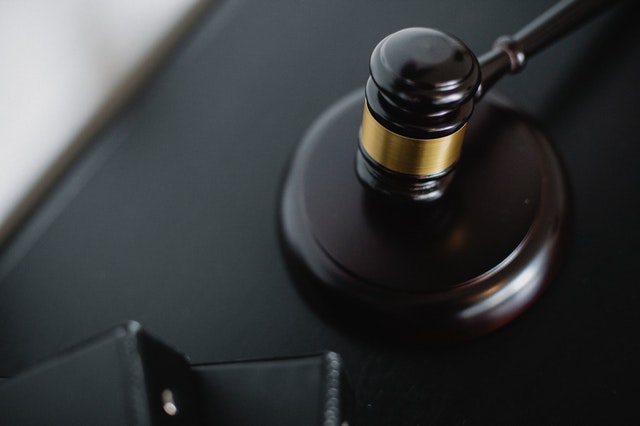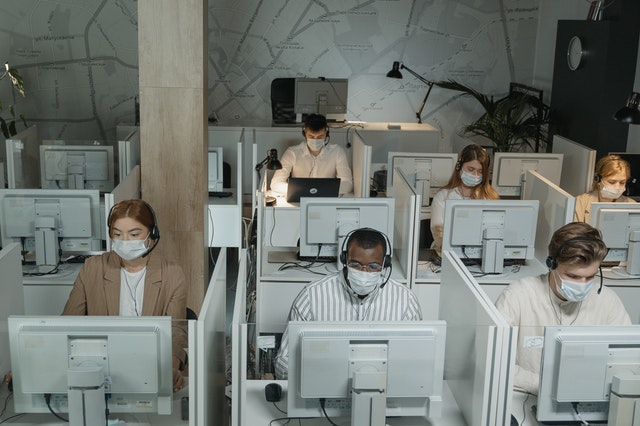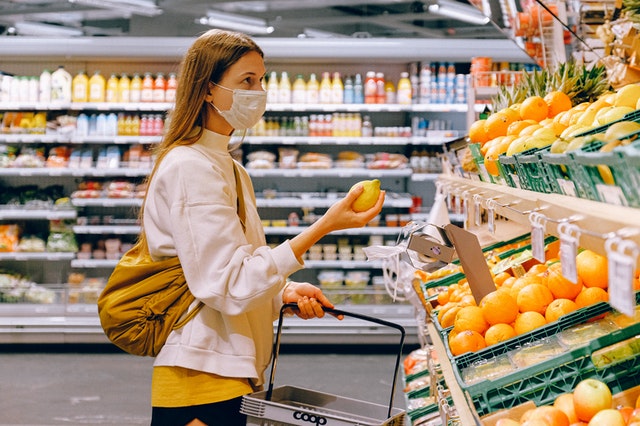The COVID-19 is far from over. While vaccinations are underway in most parts of the world, there is currently a new variant of the virus that is more transmissible and deadlier.
This is a contributed post and does not necessarily reflect the opinions of Meet The Harris Family.
So, even with effective vaccines being given to the populations, restrictions are again being imposed in some countries. In the United States, the Center for Disease Control and Prevention recommends that fully vaccinated people wear their masks in indoor settings.
Australia, which has largely escaped the wrath of the virus, is placing major cities into strict lockdowns. Vietnam and South Korea, which have been praised for their containment of the virus in the past year, are seeing their highest number of daily cases.

Infected by Someone Else: Do You Have a Case
So, social distancing and other measures meant to suppress the spread of the virus will stay for a while. However, even when you have been careful about your behavior when outdoors, there is still a chance that you will catch the virus.
A meeting with a friend over drinks or sitting with a co-worker in an office, no matter how brief, may lead to infection.
Negligence that leads to harm can be grounds for personal injury. For example, you were involved in a vehicular accident, and you found out that happened because the other driver was texting while on the road. You can get in contact with a personal injury lawyer and sue them for damages.
However, in the case of COVID-19, even if the other person knew that they have it, it likely will not be productive to sue. You can bring them to court, but it will be difficult to prove neglect. You, as the plaintiff, will have to present evidence that the defendant did something wrong and that there is a causal link between the neglectful conduct and the harm that befell the plaintiff.
Cases Are Rising
COVID-19 is spreading within the community. The U.S. is seeing cases rise again after a steady decline in the past several months. There is no way to be certain that the virus was passed on by your friend or colleague to you.
Perhaps, while the other person was infected, you did not get it from them at the time. Maybe the cashier from the grocery store you visited after the meeting or the workday was also ill? What if a neighbor with whom you exchanged pleasantries that morning had the virus even if they were not showing symptoms? Some people have the virus and pass it on to others without feeling sick or testing positive.
You can sue for battery if this happens: you encounter someone who does not believe in COVID-19, had an intense argument with them, and they spat on you. Before the encounter, they have tested positive for COVID-19 and verbally confirmed it. You can sue them, but only for spitting. You would not get a lot from it.
You might get more if you ended up testing positive for COVID-19, too. It is better to discuss the event with a lawyer to see if you have a lawsuit in your hands.
Infected at Work: Can You Sue Your Employer?
In the past year, many adults got used to working from the comforts and safety of their homes. However, with restrictions being lifted, some offices are being reopened and going back to normal.

What if you caught COVID-19 while at work?
One woman from California is suing her husband’s employer when he got sick after going to work. She claimed that the employer moved workers to a new site which, allegedly, was a violation of safety protocols. She and her husband tested positive in July 2020.
In the lawsuit, she claimed that she is a high-risk individual due to her age (she was 65 at the time) and that catching the virus put her life in danger. In fact, because of COVID-19, she spent weeks on a ventilator.
It is a complicated but important case. Whatever its outcome, it will set a precedent. Other similar lawsuits might emerge across the country because of it.
The case involves something called the “take-home tort.” Basically, the family member contracted an illness after the worker came home without knowing that they were carrying a dangerous substance. This typically happens in places where workers interact with toxins such as lead or asbestos.
The plaintiff will still have to prove that the infection was contracted by their spouse from work which will not be easy. Whether the plaintiff will see victory and be compensated adequately for the harm is still unsure.
COVID-19 is a deadly illness that has already claimed the lives of millions of people. The pandemic is not over yet. Likely, many Americans will try to seek legal help for incidents related to COVID-19.


